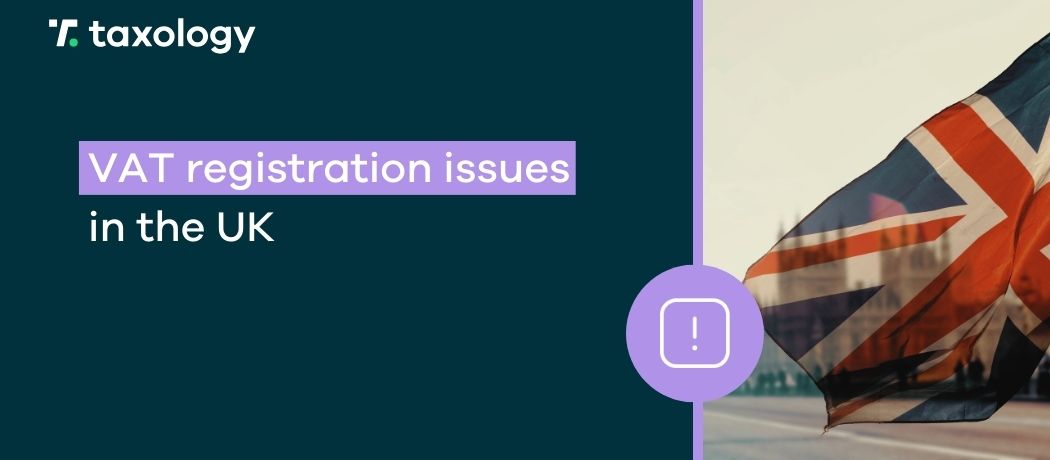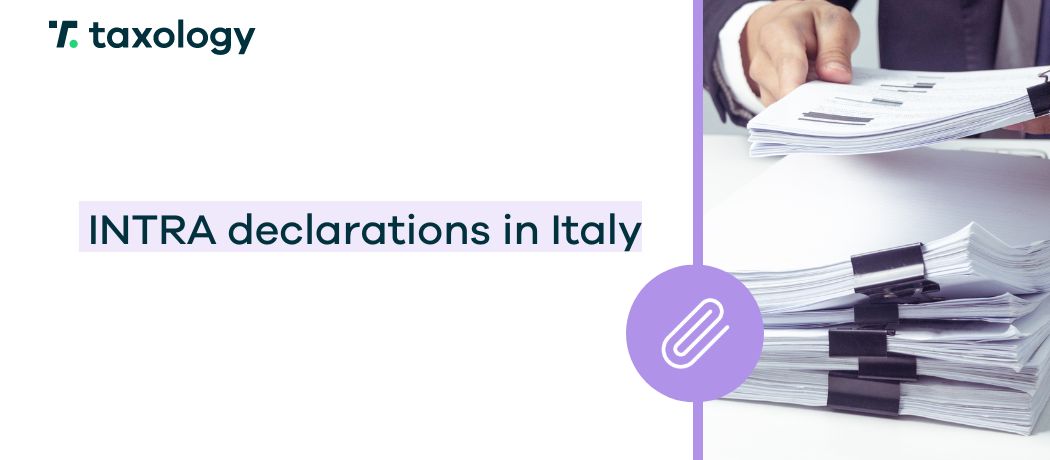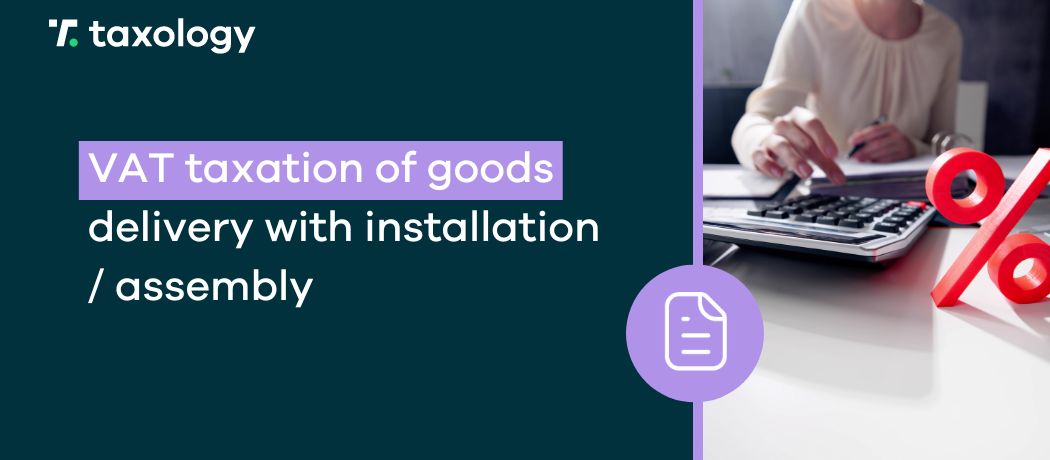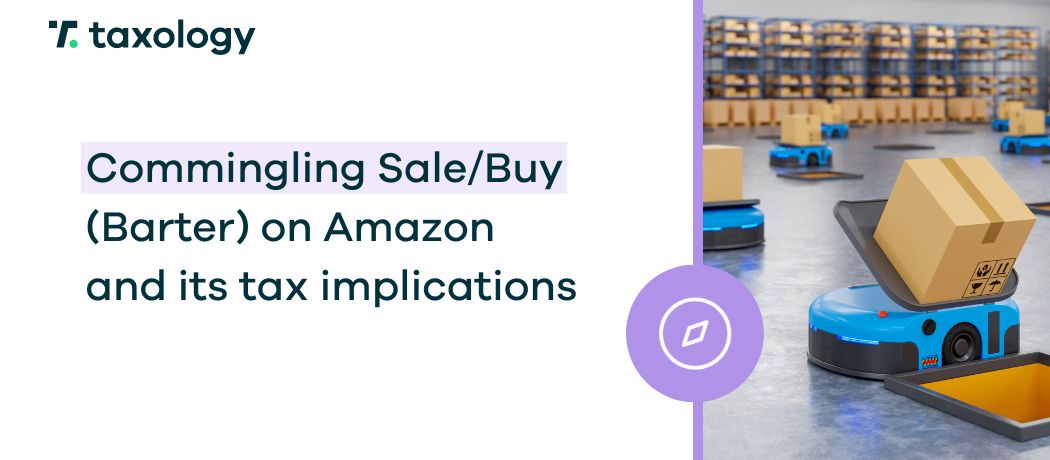Italy ranks as the fourth largest e-commerce market in Europe in terms of value. It is no surprise, then, that it attracts entrepreneurs looking to expand in this direction. However, […]
Read in: 4 minVAT registration issues in the UK
- Last update: 23.02.2024
- Published: 27.02.2023
- Read in: 4 min
VAT, also known as value-added tax, plays a crucial role in the operation of an e-commerce business, especially for those running their own online shops.
Similar to other European Union member states, the United Kingdom mandates that companies operating within its jurisdiction must register for VAT. However, it is crucial for future UK taxpayers considering VAT registration, to be aware that this process can present certain difficulties and challenges.
In the following article, we will delve deeper into the specific issues associated with VAT registration in the UK and provide you with a comprehensive understanding of the topic.
When are you required to register for VAT in the UK?
Before we move on to the challenges associated with VAT registration in the UK, let us first focus on essential matters, such as the circumstances in which a VAT taxpayer is required to register for VAT in the UK.
Value Added Tax (VAT) and the requirement for UK registration
The UK imposes two main directives that mandate businesses to register for VAT in the UK.
The first is applicable to businesses operating outside the UK but providing taxable goods and services within the country, with annual sales exceeding £70,000.
The second requirement pertains to goods stored within the UK. If the sales of goods remain below this threshold and the products are not stored in the country, there is no need to register for VAT in the UK.

Additionally, VAT registration is obligatory in several other situations. For instance, it is required when importing goods into Europe via the UK, storing goods within the UK, or selling goods online that surpass the shipping limit.
Our article titled “What VAT applies in the UK“ provides an in-depth explanation of the specific circumstances necessitating VAT registration in the UK.
VAT rates in the United Kingdom
In the UK, VAT is charged at different rates depending on the goods and services. The standard VAT rate is 20% and is applied to most products and services that don’t fall under the other two rates.
There is a reduced rate of 5% that applies to specific items such as electricity supply, certain medical equipment for disabled individuals, and domestic use of LPG and fuel oil.
In contrast, certain products and services, including printed books, magazines, takeaway food, children’s clothing and footwear, new build construction work, and domestic waste collections, are subject to zero-rated VAT in the UK.
To explore further details about the goods and services falling under the 5% and 0% VAT rates in the UK, please refer to the previously mentioned article.
UK VAT registration - what does the process look like?
Both voluntary and obligatory VAT registrations begin through an online process. The initial stage involves creating an account and submitting an application on the website of HMRC (Her Majesty’s Revenue & Customs), the recognised tax authority in the UK.
UK Tax Office address
The address of HM Revenue and Customs (HMRC) is : 100 Parliament Street, London, SW1A 2BQ.
To access their online services, you can visit their official website at https://www.gov.uk.
If you need to reach their office directly, you can contact them at +44 135 535 9022.
1. UK VAT registration issues - documentation
In situations where a UK VAT registration process has been initiated and the submitted documents are deemed insufficient, the individual or entity seeking VAT registration may be requested to provide additional documentation. However, it has been observed that recently, HMRC has been requesting a significantly larger number of documents, which can be challenging to acquire.
Businesses are frequently asked to provide invoices, contracts with hauliers, or documents demonstrating their affiliation with a marketplace platform as part of the VAT registration process.
2. UK VAT registration issues - time
Another issue facing a prospective VAT payer in the UK is time, which often directly stems from documentation issues.
When requested by the Tax Office to provide the aforementioned documents, the entrepreneur is obligated to send them via postal mail. Unfortunately, there have been instances where letters or packages fail to reach HMRC. Consequently, the registrant is informed that their registration has been cancelled, requiring them to restart the entire process from scratch.
In such cases, it is possible to lodge an appeal; however, this also needs to be sent through post, further adding to the communication difficulties experienced throughout the process.

3.UK VAT registration issues - communication
As previously stated, in order to initiate the VAT registration process in the UK, it is necessary to create an account on the HMRC website. However, if any inquiries or issues arise, and there is a need to get in touch with officials, there are four available communication options:
- Postal mail
- A contact form
- Helpline
When an entrepreneur wants to register as a VAT payer in the UK, the Office primarily relies on email as the communication channel for verification purposes.
However, when there are unclear matters or inquiries regarding VAT or the registration process, it is common to experience difficulties in receiving a response or obtaining the necessary information.
Postal mail
Postal mail serves as an additional communication channel. It is through this method that you should send :
- data change notifications
- notification regarding a change in the company’s legal form
- replies to summonses
- appeals against imposed liabilities or penalties
However, a complication arises when the relevant document sent via post fails to reach the intended address. As previously mentioned in relation to the time factor, this situation can lead to the unfortunate outcome of receiving notification that the VAT registration process has been terminated.

A contact form
While a contact form is provided on the HMRC website, it may not be the most optimal solution. When we submit an inquiry through this form, it gets assigned to a specific official.However, after receiving a response, there is no direct way to continue the conversation or provide follow-up information. The only option available is to fill out the form one more time, but there is little guarantee that it will be assigned to the same official, leading to potential delays in addressing additional concerns on the matter.
Helpline
Non-UK entities often have access to a dedicated telephone number , but this can be another time-consuming option that does not always provide the desired answers. The initial phase of the call involves responding to scripted questions, and even once we succeed in getting through to a consultant, we often do not receive satisfactory answers to our questions regarding how to proceed in specific situations, who should receive an invoice, which official has been in contact with our office, or where to submit a claim.
The reasons behind VAT registration issues in the UK
It is worth noting that the issues outlined regarding VAT registration emerged during the period of Brexit. The increased scrutiny of potential taxpayers is a preventive measure aimed at combating VAT scams. However, this is not the sole aspect of the measures taken to prevent such fraudulent activities. Heightened tax audits are also being conducted as part of these efforts.
Summary
Based on the information provided earlier, it is evident that VAT registration in the UK can present certain challenges, although not impossible to overcome. If you prefer to delegate this process to professionals, we encourage you to get in touch with us and schedule a free consultation.
As specialists in the field of VAT Compliance, we will not only assist you with your registration but also offer comprehensive support for both your VAT registration and settlement requirements in Europe.
If you want to learn more, see also our articles about VAT registrations in Belgium, France, Germany, Spain, Ireland, Italy, the Netherlands, Sweden and the UK or check out some other topics:




